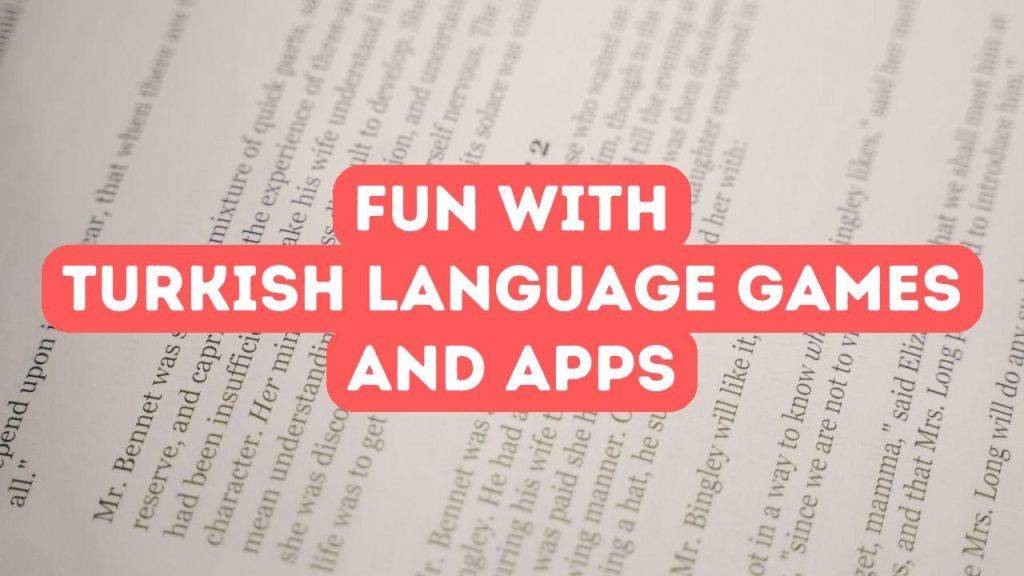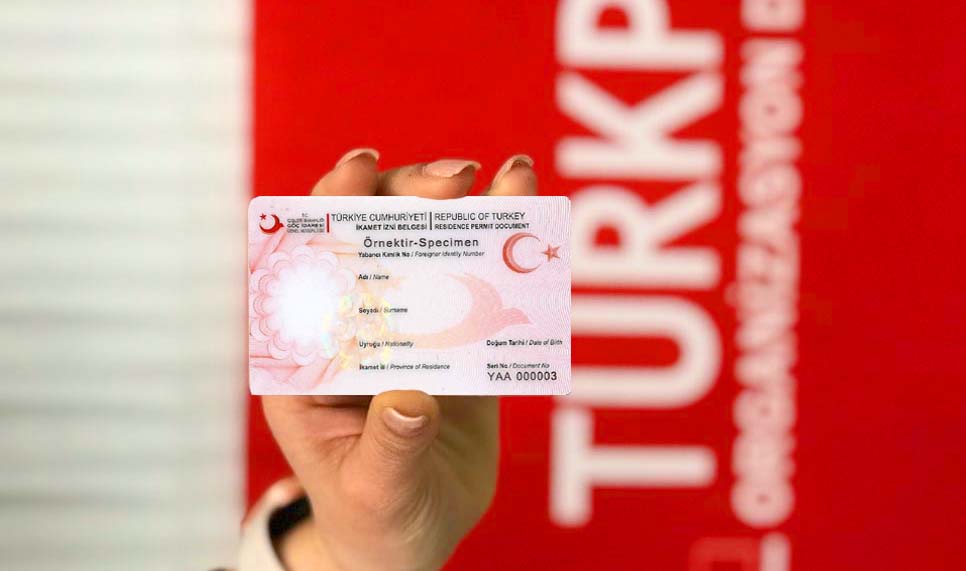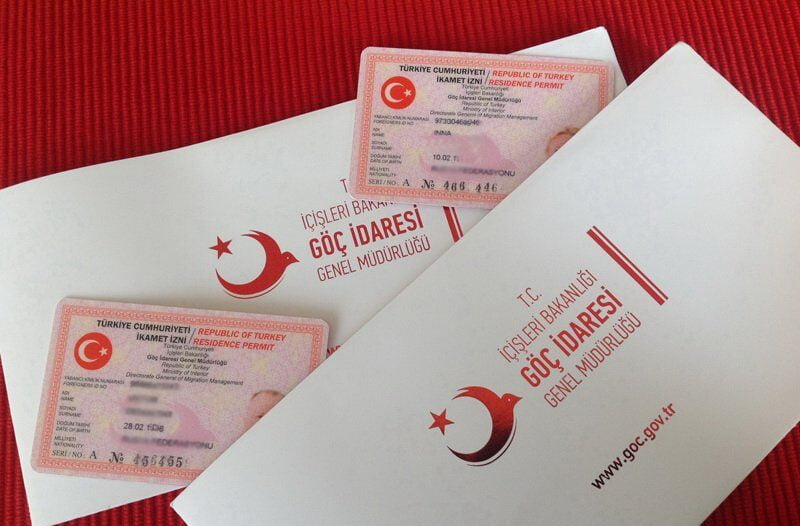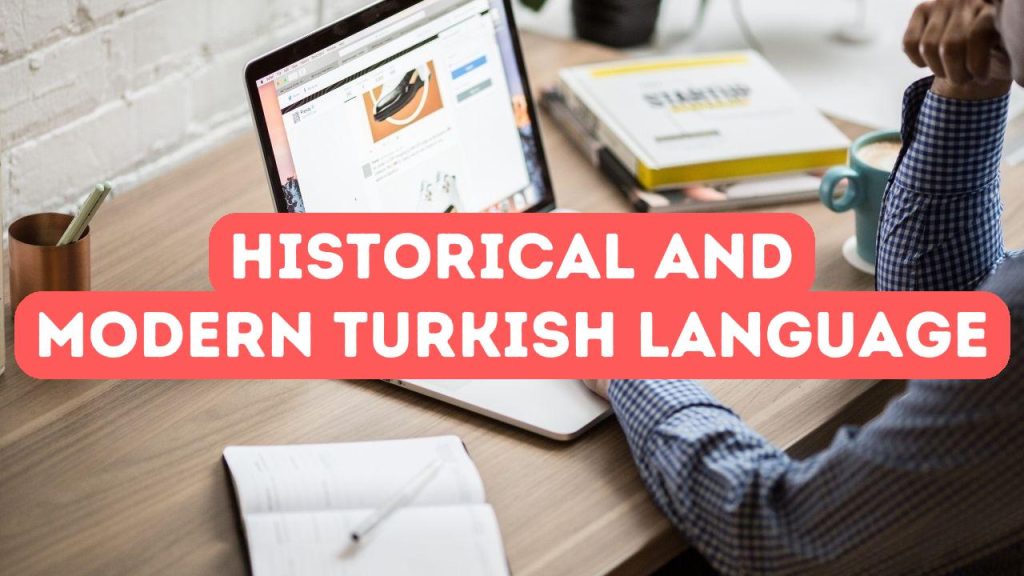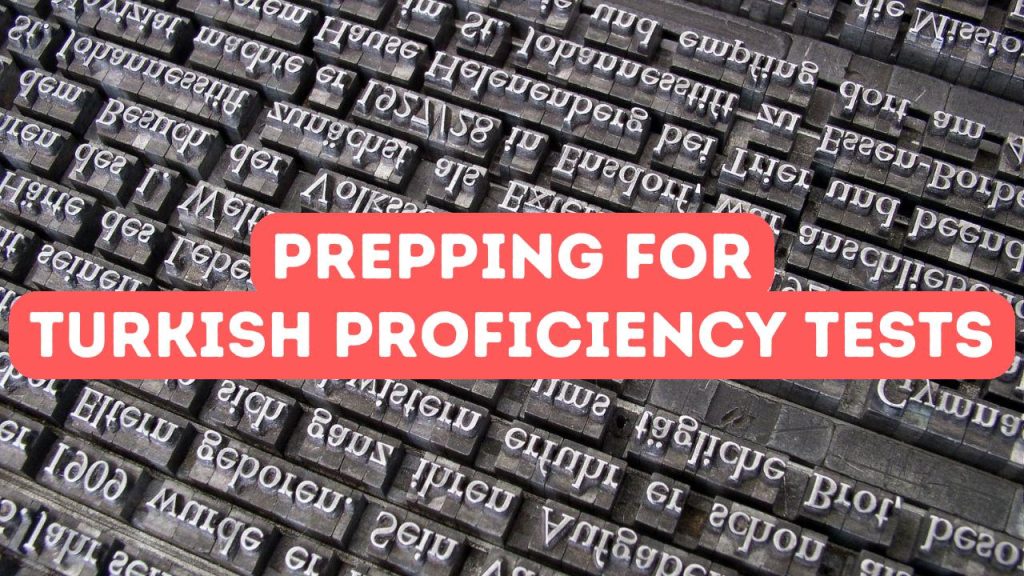Innovative Interactive Tools for Turkish Mastery
In the realm of language acquisition, the marriage of technology and education has given birth to a generation of apps and games specifically tailored for Turkish mastery. These innovative interactive tools are calibrated to make the learning process not just effective, but truly engaging. By integrating gamification with structured linguistic frameworks, these applications transform arduous memorization into an enjoyable quest for knowledge. Users can embark on virtual adventures that take them through the intricacies of Turkish grammar, or participate in word-matching games that expand their vocabulary. This approach not only keeps the learner’s attention riveted but also enables better retention through consistent, hands-on interaction, ensuring that each new word or phrase learned is an indelible notch in the belt of their language proficiency.
Equally valuable are the adaptive algorithms that underpin many Turkish language learning apps, which personalize the experience by analyzing users’ performance and adjusting the difficulty level accordingly. As learners progress, the applications can offer more complex puzzles and conversations, continuously challenging them and preventing the plateau effect often observed in traditional learning settings. Additionally, features such as voice recognition software allow for real-time pronunciation practice, giving instant feedback and thus fostering confidence in speaking skills. Rewards-driven activities, like earning points for correct answers or unlocking new levels after completing certain modules, create a sense of progression that motivates continuous engagement, effectively turning the daunting task of language mastery into a series of attainable, satisfying milestones.
Beyond mere mechanics and algorithms, Turkish language apps also capture the cultural essence that is inextricably linked with the language. Rich multimedia content, including music, folklore, and history, immerse users in the vibrant world of Turkey, making them not just students of the language, but also connoisseurs of its culture. This holistic approach ensures that learning Turkish is not an isolated academic pursuit but a gateway into understanding the nuances that define the Turkish way of life. Through interactive storytelling and cultural trivia, learners gain a broader perspective, which complements their linguistic skills and ignites a deeper appreciation for the complex tapestry of influences that shape the language. Thus, by shaping the educational experience to be as culturally enriching as it is linguistically rigorous, Turkish language games and apps wield the power to craft well-rounded communicators, adept in both the syntax and the spirit of this enthralling language.
Gamified Language Learning: The Turkish Experience
Immersing oneself into the Turkish experience through gamified learning platforms allows users to encounter a virtual playground where the language comes alive. These games harness the power of storytelling and gamification to create a memorable learning landscape. As players progress through levels, they embark on adventures set in vibrant recreations of Istanbul, Cappadocia, or the tranquil Aegean coast, all while engaging with practical dialogues and real-world vocabulary. Points, rewards systems, and interactive challenges tap into the learner’s intrinsic motivation, making the acquisition of complex Turkish grammar and idiomatic expressions feel less like rote education and more like an enthralling quest. The immediate feedback provided by game mechanics helps users quickly adjust their approach and learn from mistakes without the fear of judgment, fostering a safe and supportive environment for language acquisition.
The genius of Turkish language gaming apps lies not only in their vivid worlds and narratives but also in their ability to adapt to individual learning paces. From the casual learner to the dedicated student, these applications feature scalable difficulty levels that ensure each user’s journey remains challenging yet achievable. As learners conquer mini-games focused on conjugation or battle through quizzes testing their command of Turkish suffixes, they accumulate a sense of accomplishment akin to that felt in video games. This gamified progression system is underpinned by sophisticated algorithms that track progress and recommend targeted exercises, thus bridging gaps in knowledge and reinforcing language structure. The result is a personalized educational experience that feels less like a structured curriculum and more like an intuitive dive into the language’s depths, all while learning at one’s own rhythm.
Consequently, Turkish language games and apps embody a transformative shift in linguistic mastery, where the eager learner transitions from passive observer to active participant. By interacting with natives in simulated dialogues, negotiating in bustling virtual bazaars, or choosing the correct response during culturally-significant scenarios, players acquire colloquialisms and linguistic nuances that textbooks struggle to convey. This immersive gamified learning mirrors real-life experiences, instilling confidence and fluency that extend beyond the screen. Moreover, as these platforms often include social features like leaderboards and multiplayer options, they foster a communal spirit among learners, encouraging friendly competition and cultural exchange. Ultimately, this innovative approach to learning Turkish not only entertains but also equips language enthusiasts with the tools and communal support necessary to weave their new linguistic skills seamlessly into the fabric of everyday communication.
Enhancing Fluency with Turkish Educational Gaming Apps
Navigating the linguistic landscapes of Turkish becomes markedly less daunting with educational gaming apps specifically designed to enhance fluency. These apps often mimic natural language acquisition, incorporating levels and challenges that heighten in complexity as the learner’s proficiency grows. Through story-driven quests, role-playing scenarios, and interactive dialogues, users absorb new vocabulary and grammar in context, which research suggests can significantly boost retention and recall. By fostering a sense of progress and accomplishment, these gaming elements not only instill a robust foundational knowledge but also build the learner’s confidence in using Turkish in practical, real-world situations. As a result, the once-steep ascent to fluency transforms into a progressive and enjoyable climb, with each level unlocking new linguistic landscapes to explore with enthusiasm and ease.
The effectiveness of these apps lies in their repetitive yet engaging approach to language learning, which seamlessly integrates with the daily routine of the learner. Customizable avatars, in-app rewards, and social learning features such as leaderboards and challenges infuse a competitive spirit that keeps motivation high. Immersive environments and culturally-rich storylines provide context for language use, effectively simulating immersion in a Turkish-speaking milieu. Users are thus encouraged to think and respond in Turkish, rather than merely memorize isolated words and phrases. Advanced speech recognition software within these apps also offers immediate feedback on pronunciation, helping learners to fine-tune their spoken Turkish and better understand the nuances of its rhythm and intonation. This personalized and responsive learning experience tailors itself to individual paces and preferences, enabling a personalized journey towards fluency that is as gratifying as it is educational.
As learners advance through the gamified curriculum, they often encounter the synthesis of linguistic skills in complex scenarios that mirror everyday conversations and interactions. By presenting challenges such as negotiating in a virtual bazaar or navigating through the streets of Istanbul to complete a mission, language games foster an applied understanding of Turkish that goes beyond vocabulary lists or grammar drills. The real-time decision making and problem solving required in these simulations fortify communicative competence, preparing users to confidently engage with native speakers. Further, collaborative features allow learners to connect with others on the same journey, creating opportunities for meaningful language exchanges that reinforce learning outcomes. These game-based applications, therefore, not only inject a sense of adventure and sociability into language education but also equip learners with the practical tools necessary for fluent and effective communication in a vibrant Turkish-speaking world.

